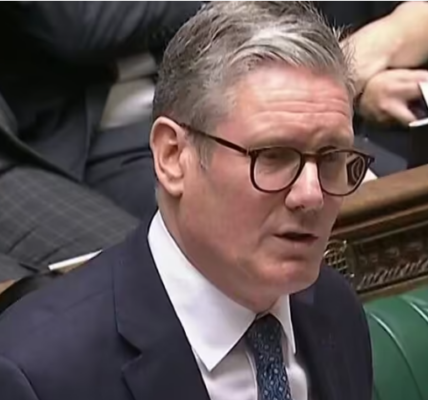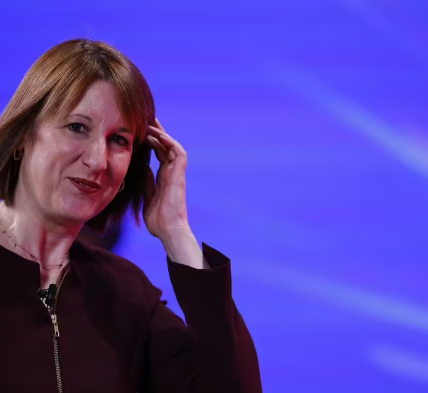As Reform lead in the polls, Labour claims Nigel Farage would put up the price of food by failing to work with the EU

Labour is attempting to fight back as polls show Nigel Farage could become prime minister (Image: Getty)
Labour has tried to take the fight to Nigel Farage by claiming his hostility to the European Union would push up the cost of food in high streets. Cabinet Office minister Nick Thomas-Symonds slammed Mr Farage and Reform UK as he set out plans for a new food and drink deal with the EU. He said: “Nigel Farage‘s manifesto at the next election will say in writing he wants to take Britain backwards, cutting at least £9billion from the economy, bringing with it a risk to jobs and a risk of food prices going up.”
It comes as polls show Reform ahead of the other parties on 28%, according to YouGov, while Labour is on 21% and the Conservatives are on 18%. Mr Farage has made a series of policy announcements over the summer, including measures to fight crime and stop illegal immigration. Reform hit back, accusing the Labour Government of damaging the economy by “cosying up to the EU”.
The Government said it wants to get a permanent deal with the EU on food and drink agreed in the next 18 months. The current temporary agreement, which was put in place in June, stopped checks on some fruit and vegetables imported from the EU and meant no border checks or fees would be paid, but it will expire in January 2027.
Mr Thomas-Symonds said: “Farage wants Britain to fail. His model of politics feeds on it, offering the easy answers, dividing communities and stoking anger.”
Labour says the current deal, which it is hoping to improve and secure a long-term confirmation of, lowers costs for supermarkets and shoppers.
They said that if Mr Farage was to reverse the deal, it would make exporting more difficult for farming and the fishing industry.
Mr Thomas-Symonds said in a speech that Brexit had been “hiking prices and killing jobs”.
He said: “I understand why people voted for Brexit. They wanted change and they wanted control.” But he said “nobody voted” for more red tape and price rises.
“When we wanted control, like on immigration, we got dysfunction and chaos,” he said.
“There has been a disproportionate impact on smaller businesses. The red tape has created a competitive disadvantage.”
“Companies big and small are crying out for change. For practical help, to bring down bills so they can make goods cheaper for the public.”
Defending Sir Keir Starmer‘s “reset” with the EU, he said: “Without rejoining the single market or the customs union, and without reopening freedom of movement, we can still build a valuable relationship with the European Union that genuinely benefits Britain.”


